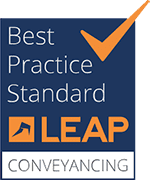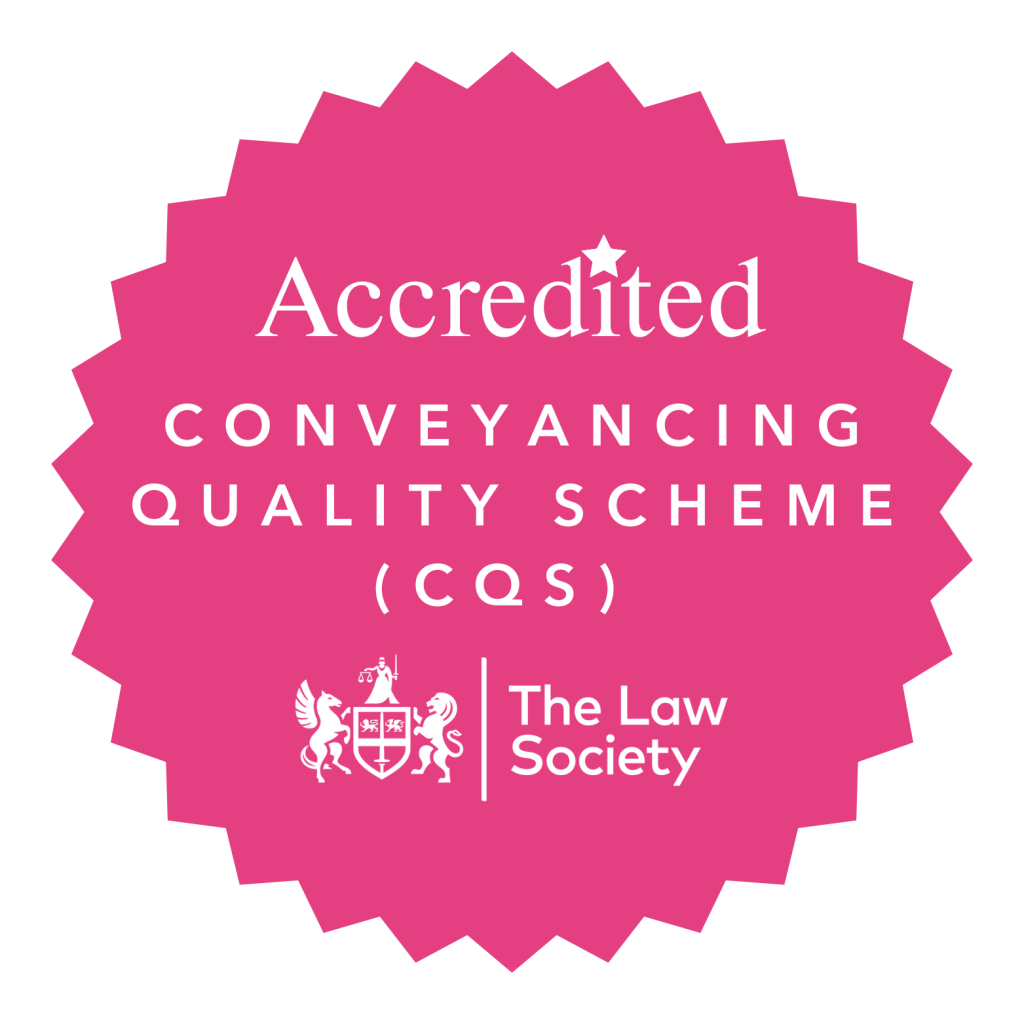
Before buying a small business, you should consider commercial issues including the following: –
- whether to commission a pre-purchase audit;
- whether to work within the business itself to see what the cash receipts are in practice;
- whether to inspect the last three years’ accounts to undertake a “desktop study” by you or your accountant as to the viability of the business. It should be remembered accounts do not always show the true financial position of the business;
- whether to obtain “warranties” from the seller regarding the information they give you, profitability, turnover and other related issues; and
- whether to ask the Seller for a retention from the purchase price to cover claims for breach of, for example, the “turnover” (gross sales) warranty.
Doing your Research
Is the business still viable? You need to do your own calculation of potential costs versus the money you can make from sales. How much will people pay for the product or service?
Is there still demand for the business? You need to do market research and work out who your target customers will be.
Research your competition and write a business plan. Preparing a business plan might seem like a long and boring task, but it forces you to think about the future of the Business rigorously, highlights potential problems and makes you take a hard look at how much funding you’re going to need.
Finally get advice from your accountant on the viability of the business.
Getting suppliers and distributors on board
You should assess existing relationships with main suppliers and distributors by speaking to them in advance of buying the business, unless you have signed a confidentiality agreement with the Seller.
Your Accountant
You need to work closely with your accountant in relation to the acquisition of any business so that you can obtain advice on the following key issues: –
• whether the purchase should be in the name of an individual, partnership, limited liability partnership or limited company, having regard to the different taxation treatments inherent in each acquisition vehicle;
• the taxation implications of buying the business;
• accounting due diligence;
• the apportionment of the purchase price between the various assets of the business, which may have future taxation implications for you; and
• Value Added Tax, including registration and record keeping.
There is also the issue of advice from your accountant on funding for the business and the availability of grants.
Value Added Tax
As a result of special legislation, VAT is not normally payable in relation to the sale of the assets of a business as a going concern. There are various conditions for this special exemption to apply. For example, if the Seller is registered for VAT, then the Buyer must also be registered within specified time limits for the exemption to apply, otherwise VAT will be payable on “vatable” assets.
Registering the Business
You must for example work closely with the accountant, so that HMRC is advised that you become self-employed
Stock
You need to consider on what basis any stock or work-in-progress being purchased is to be valued – will it be valued at cost or net realisable value? What about payment on account on completion day? Who will value and who will pay the fee of the valuer?
Employees
This is an important area. If you are taking on the employees of the business, then, you will need to be aware that you may be inheriting qualifying periods of employment of some employees, and if any attempt is made to dismiss employees arising out of the purchase of the business, then you may face an unfair dismissal claim/wrongful dismissal claim. There may be the issue of the seller making employees redundant and/or the question of compromise agreements for the parties to consider. The Seller is obliged at law to consult with employees.
Contracts
You may need to consider undertakings from the seller to pay debts promptly up to the day of completion, so as not to prejudice the business after completion. Sometimes contracts are incapable of being transferred to a buyer and have to be renegotiated.
Suppliers should be contacted directly by you before exchange of contracts, to verify that there are no arrears on any credit account, since some suppliers will refuse to supply to a new owner of a business until any arrears on the account from the previous owner have been discharged. If it is your intention to offer credit/debit card facilities to your customers, then you should be aware that completion of the relevant paperwork may take some considerable time to complete, and therefore it would be wise to start these formalities at an early stage in the negotiations.
Computers
Computers, and especially their software, can be critical to the practical operation of a business. Who for example owns the licences in the software? Are there any maintenance contracts?
Disability Discrimination Act (“DDA”)
By virtue of the DDA all businesses must ensure that property under their control is reasonably accessible to disabled people. It is advisable that you appoint a staff member to be responsible for investigating the requirements of the DDA. Indeed, the obligation to adapt property extends to making them accessible to the blind, partially sighted and hearing-impaired as well. There are heavy penalties in the event of the property not being adapted by the deadline date laid down by legislation.
Asbestos
The law obliges occupiers who have control of buildings to address the risk from asbestos. Regulations will require occupiers of buildings to: –
• take steps to locate materials likely to contain asbestos;
• assume that any materials identified do contain asbestos unless there is evidence that they do not;
• keep an up to date written record of the location of the materials;
• monitor the condition of these materials;
• assess the risk of exposure from asbestos and resume asbestos materials;
• prepare and implement a management plan to control these risks; and
• disclose the existence of asbestos to anyone who is likely to work on or disturb such materials.
Leasehold Property
From a commercial point of view, you will be concerned to see the impact on the future profitability of the business of any outgoings payable under the lease in terms of the rent, and how often the rent can be reviewed.
There is also the question of repairing liabilities. We always advise clients to instruct a surveyor to inspect premises before they buy, to ascertain the likelihood of there being a future claim against them for breach of the repairing covenant. Rent review clauses may be complex.
The ability to assign the lease is another important factor. If this is a “new tenancy” then as the law stands now, if you intend to assign the lease, it is likely that you will have to guarantee the performance of the lease by the next owner, and although you are able to rely upon any indemnity given by the incoming assignee, you will remain liable for the performance of the covenants by the next owner until such time as the incoming assignee assigns the lease on to the next owner.
Fire
Under the terms of most leases you will be obliged to observe all future acts of Parliament and any regulations affecting the occupation of commercial property. It would be wise to ask a surveyor to check whether the premises comply with fire safety regulations. Furthermore, under the relevant regulations you are statutorily obliged to carry out a fire risk assessment, which must be produced on demand to the relevant authority.
Health & Safety for Employees
You are obliged to take care of the safety of your employees. For instance, under the Reporting of Injuries, Diseases and Dangerous and Occurrences Regulations 1995 (RIDDOR) you are obliged to report to the local Health & Safety Inspectorate certain workplace injuries, diseases etc. Incidents that result in death, major injury, specified disease, removal to hospital or a dangerous occurrence must be reported immediately. Accidents resulting over three days off work must also be reported. There may be ways round the problems posed by RIDDOR.
Food Safety
It will be necessary for you to speak with the local authority to ascertain their requirements with regard to licences required under the food safety legislation. This is necessary since you will need to factor into your financial plans the cost of compliance.
Further Help
If you require any assistance on any of the matters discussed in this guide, please do not hesitate to contact Michael Labrum or other members of the Labrums Commercial Team at Labrums LLP.
Post a comment
You must be logged in to post a comment.















